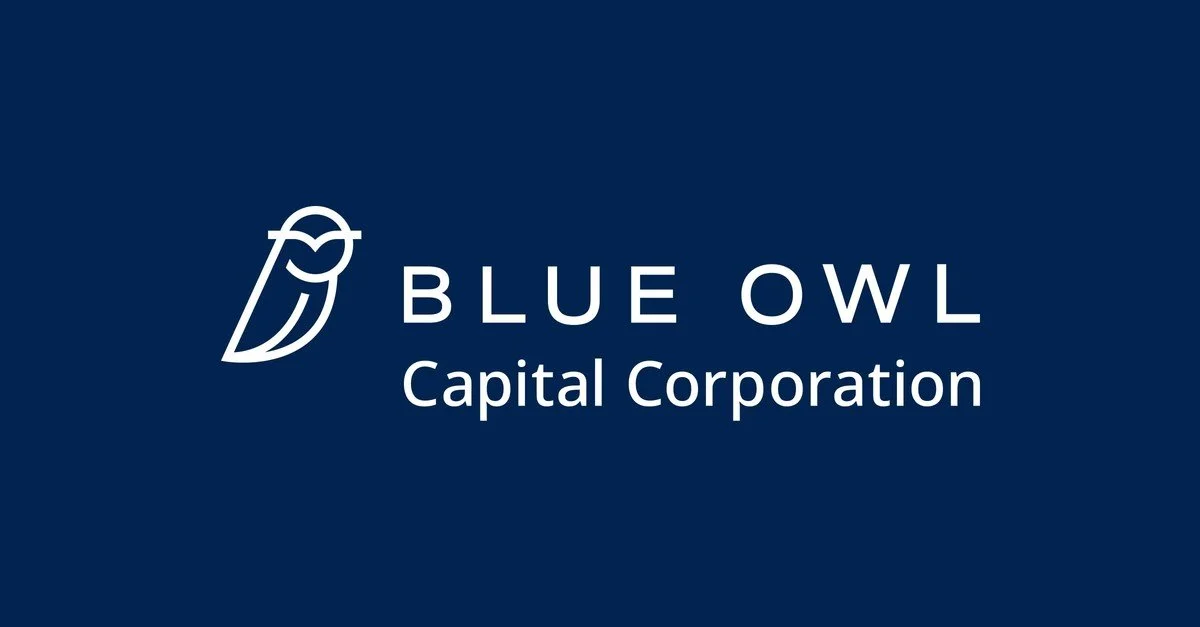O | Q3 2024
The content provided on this website, including any communications, posts, videos, social media interactions, and other materials, is for informational and educational purposes only. It should not be considered as financial or investment advice. Read our full disclaimer here.
Links
Link to Transcript
Link to Presentation
Link to 10-Q
Overview
FFO of $0.99 misses by $0.07.
Revenue of $1.33B (+27.9% Y/Y) beats by $70M.
Takeaways
Realty Income (O) delivered another quarter of solid growth in Q3 2024, reporting adjusted funds from operations (AFFO) per share of $1.05 for the quarter, a 2.9% year-over-year increase. The company also raised the low end of its full-year AFFO guidance to a range of $4.17 to $4.21.
Realty Income’s CEO, Sumit Roy, emphasized the company’s long-standing value proposition as a trusted real estate partner to leading global companies, supported by a diversified and resilient portfolio. Not for nothing, Realty Income has consistently delivered positive operational returns every year since going public three decades ago.
Operationally, Realty Income maintained a high occupancy rate of 98.7%, experiencing only a slight decline of 10 basis points from the previous quarter. Lease renewals on 170 properties achieved a rent recapture rate of 105%, generating approximately $38 million in new annualized cash rent.
Roy also addressed concerns regarding potential tenant risks, citing strong lease renewal rates with key tenants like Walgreens, CVS, and Dollar Tree.
Despite negative headlines about store closures in the retail sector, Realty Income’s portfolio continues to perform well, with renewal rates often above 100%. This resilience demonstrates the company’s careful approach to tenant partnerships and its ability to deliver consistent returns across both good and bad economic cycles.
With that, the main highlight of the earnings call was Realty Income’s announcement of plans to enter the private capital market by creating a private real estate fund. This move marks an important step in the company’s future direction, and it should offer multiple benefits.
The U.S. private real estate market is about $18.8 trillion—10 times larger than the $1.9 trillion controlled by public REITs. By accessing this vast pool of institutional capital from entities such as pension funds, sovereign wealth funds, and insurance companies, Realty Income aims to expand its equity base beyond the public markets.
Also, by managing third-party capital, Realty Income will earn recurring management fees, which will create a new, capital-light revenue stream. These fees are expected to grow steadily over time and attract premium valuation multiples from the market.
As opposed to the public REIT side of things, the private fund will focus on long-term internal rates of return (IRR) rather than higher initial cash yields, enabling Realty Income to pursue investments that, while lower-yielding upfront, offer worthwhile growth potential over time.
For example, the company has previously passed on high-growth investments with lower initial yields, such as certain industrial properties or data centers with long-term leases, due to its focus on immediate AFFO per share growth. With the private fund, Realty Income can capitalize on these opportunities while maintaining its commitment to disciplined capital allocation.
This move also positions the company to reduce its reliance on public equity raises over time (meaning it won’t have to issue as many shares), enabling it to achieve its long-term AFFO growth targets more efficiently.
Importantly, management emphasized that the creation of this fund is designed to complement the public REIT, not compete with it. The intent is to ensure sustained growth over the next decade and beyond.
Overall, the company’s plans to enter the private capital market signal a transformative moment, creating new growth avenues while enhancing the company’s financial flexibility.
If this move pays off, it will position the company for sustained and accelerated success as it continues to deliver value—and monthly dividends—to us shareholders.




Revenue of $24.6B (+9.3% Y/Y) beats by $440M. Non-GAAP EPS of $2.46 in-line.